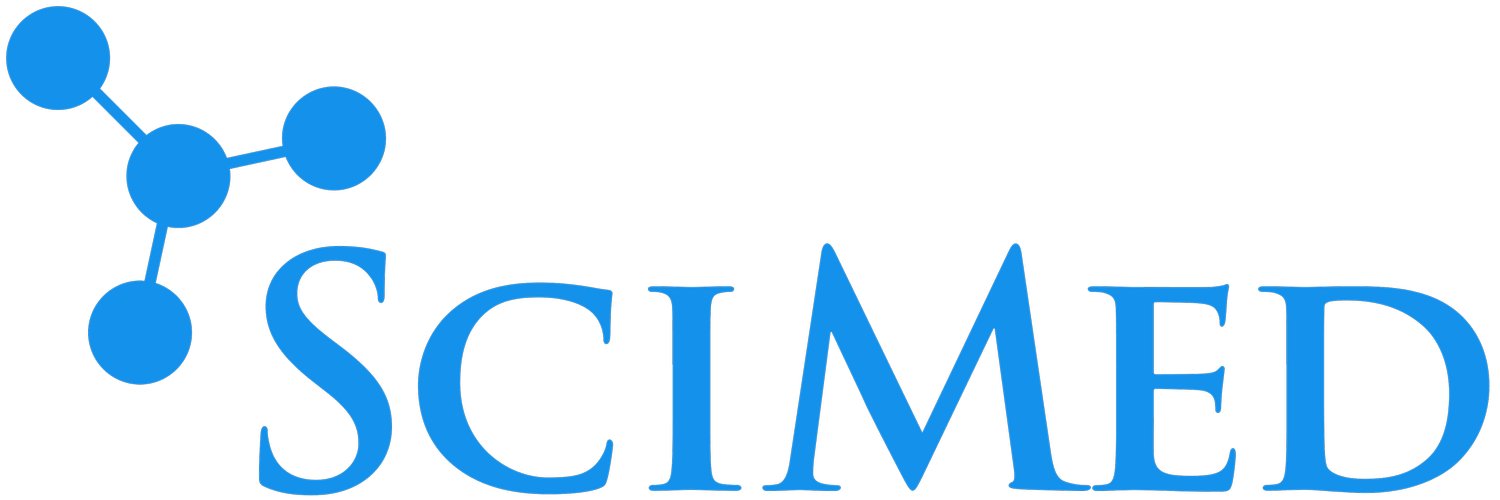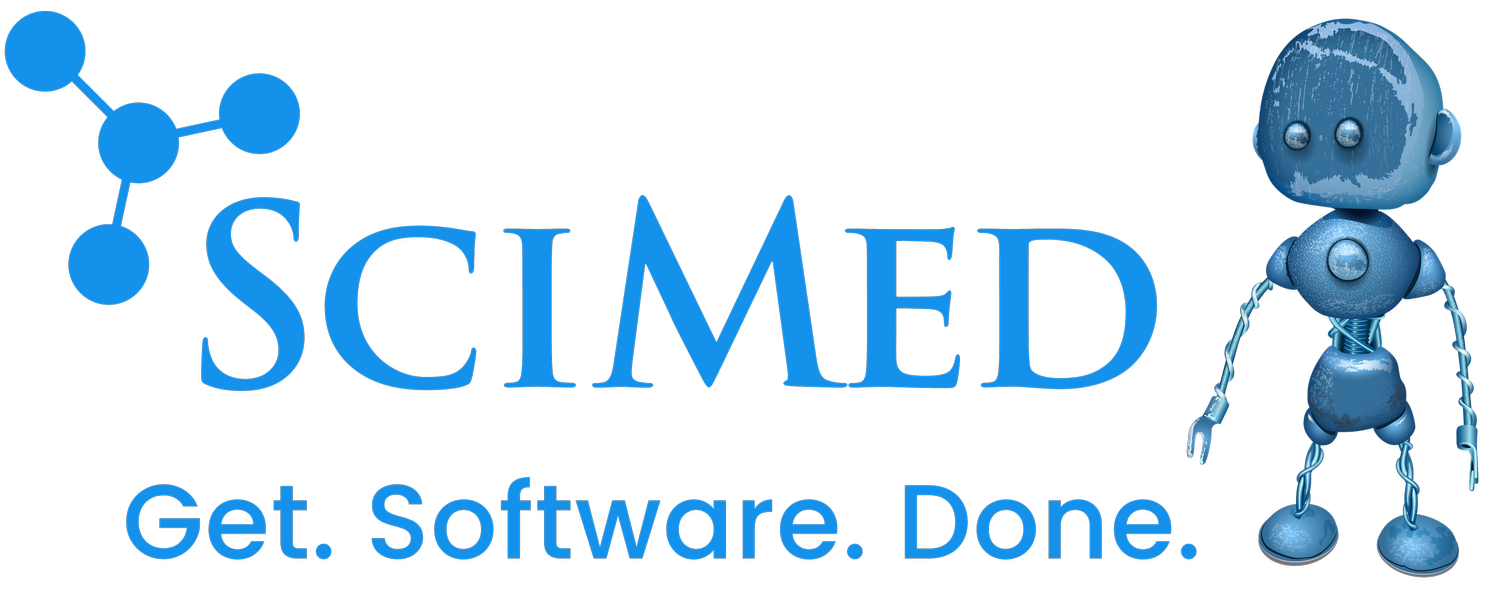Robertson Scholars Program
Overview
The Robertson Scholars Program is an innovative, unequaled program in American higher education. Established in 2000, the program supports 140 undergraduate Scholars each year at Duke University and the University of North Carolina at Chapel Hill and creates a lifelong community of alumni who also support and partner with current students. In 2008, the Robertson Scholars engaged SciMed Solutions to build the Robertson Exchange (REX), a custom software system that allows the program to manage data and build community among its students and alumni.
Challenges
As the Robertson Scholars Program completed its eighth year in 2008, it was clear that its information infrastructure was not keeping pace with the program's high standards. The Robertson Scholars staff recognized a need to do three things: first, make the information management system efficient and up-to-date; second, strengthen the program by giving staff, students, and alumni tools to do what they need to do; and third, promote innovation by creating an online space for collaboration.
Before the project began, the program was working with "antiquated data sets and outdated business practices." The program managed most of its Scholar data via dozens of spreadsheets and documents, each stored separately and updated manually. As a result:
Keeping data current was time-consuming. Scholars had to manage information using separate tools for Duke and UNC activities, and Staff could not access student data through a single interface.
Regular reporting was difficult, and complex reports were impossible. Staff was never sure they had the latest information.
Staff could not efficiently schedule events or make assignments for Scholars.
Scholars and alumni had few opportunities to interact or to identify opportunities to work together.
Our approach
In many ways, the Robertson Scholars Program is like a small, elite college.
They have a rigorous admission process, a talented student body who take on four years of academics with three summer placements, and a growing community of alumni who maintain ties with each other, the program, and current students.
The program says of its Scholars, "Above all, they embrace innovation as a way of life." Accordingly, the program needed an information management solution that would support its commitment to innovation. Associate Director Jeanne Kirschner sums up their path to new software:
In the beginning, we thought we wanted off the shelf software because our needs looked like those of a small college - admissions; student development, tracking and grades; and lifelong involvement for the alumni community.
Soon enough, however, we began to realize how rapidly our program is evolving and so we decided to take a bold move and to create a custom software application with SciMed Solutions. One year later, now that we have the Robertson Exchange that works so well, we are very thankful that we went that route.
To put the data-management task in perspective, we started with having literally a hundred spreadsheets to manage everything from student profiles to class schedules to individual student budgets. It took all our time to just keep the data up-to-date, and even then we were rarely sure which data were current. It was embarrassing. Now, we have reliable data that we can manage with ease. SciMed gave us ultimate flexibility. For example, any time we need a new set of data that we didn't need yesterday, we can add a custom field for a new piece of information - e.g., food allergies - that is instantly in place for all 140 current Scholars.
Of course, the magic of REX is that it can do much more than data management. With the help of SciMed, the Robertson Scholars Program quickly learned that REX could be a platform for building community.
Once we got involved with the project, we realized that the act of exchanging good information in real time gave us the potential to really integrate with the scholars. Because our Scholars were frequently going to be online with REX, we actually had this tremendous opportunity to develop an online community. Our Scholars are on two different college campuses during the school year, and scattered around the world during their summer placements and service projects. REX allowed us to create an online community for them to meet each other, share their interests, and keep up with their activities - no matter where they were. As we built this functionality for students, things got even better when we realized that we could extend that student connection to our alumni as well. With each new use of REX, we found ourselves coming up with more opportunities.
The ability to create new opportunities is a hallmark of the Robertson Scholars Program, so it was only fitting that REX would quickly develop into a flexible and powerful tool.
We have the luxury of a very outside-the-box founder and president who both think very creatively. Their creative thinking meant that we needed very powerful tools for communicating and organizing ourselves online. For example, if we want to add a new summer program in New York or Sierra Leone, REX gives us the tools to advertise it, engage alumni, and organize the program's activities - all with just a few tweaks. In fact, REX gives us the tools to help people discover the possibility of a new program anywhere a scholar or alumnus has similar interests. Geography is much less of a challenge.
Kirschner adds that SciMed's flexible development process was a critical factor in making REX a success. As an innovative institution, the Robertson Scholars Program requested many features that were as much an experiment as they were a requirement. SciMed helped the program think through each trial. As Kirschner describes one venture:
We had to wrestle with many details of course management because our students take courses at two different institutions. In the beginning, we created a "home and away" model with a good idea of how it might work, then SciMed took our model and thought through many more ways to help our students manage their course planning. After our first ideas didn't quite work, SciMed came back with several new options that were both imaginative and successful. This wasn't just software development, this was process engineering. We didn't predict that we would need this skill from SciMed but we were very glad that they had it. When SciMed helps us move information more efficiently, we get time and energy to use elsewhere. With REX, we no longer need to use separate Blackboard software. With REX, our students no longer get locked out of UNC's system every two or three months when the passwords change. These may sound like little things, but eliminating many little things creates an increased fluidity that helps us keep our community connected.
REX has drawn natural comparisons to both Facebook and LinkedIn for its ability to build community and share personal information. Jeanne Kirschner points out the distinctions between REX and other social networking tools:
Early on, we had serious debates about the merits of tying into Facebook. We saw that some of our needs lined up with Facebook's approach to social networking. We also saw that some of our needs lined up with LinkedIn's approach to creating a professional community. After some analysis, we concluded that we really did not want to duplicate or integrate with other social networking sites.
We didn't want to be Facebook where students are using the application to post party information or to selectively friend different individuals. That's not at all what we were looking for. REX is for everyone in the Robertson Scholars Program, not for self-selecting subsets. The ever-growing online space allows all our people - wherever they are on the globe - to stay engaged with each other and the scholars that are still on campus. They do this through messages and technology to find one another, and also through technology that allows them to be engaged in meaningful ways like continuing intellectual discussions outside the classroom, or designing a new program through conversations between students, alumni and staff. These examples are just the beginning of what we will do with the Robertson Scholars program, with REX as an essential tool.
Results
SciMed Solutions engaged with the Robertson Scholars Program to create REX. With REX, the program now has a powerful data management tool and an innovative space for communication, collaboration, and planning. Among the immediate results and reactions:
Staff and Scholars can easily manage data, including student profiles, course planners, academic interests, and awards, logistics for summer placements, and many other items.
Scholars can research summer opportunities and connect with alumni for career advice and other support.
Scholars can map out individual course plans for four undergraduate years at Duke and UNC.
Scholars have embraced the REX platform. Because REX is so flexible and easy to use, Scholars are using REX not only where they are required but also in unpredicted ways.
Alumni have praised the REX platform for far exceeding their expectations and are beginning to collaborate with scholars and other alumni in more ways than the program originally expected.


